This unit describes the skills and knowledge required to research information about compliance and ethical practice responsibilities, and then develop and monitor policies and procedures to meet those responsibilities.
This unit applies to people working in roles with managerial responsibility for legal and ethical compliance in small to medium sized organisations. There may or may not be a team of workers involved.
This includes knowledge of:
- legal responsibilities and liabilities of managers and others in different types of organisation
- legal and ethical frameworks (international, national state/territory, local), how these apply in the workplace, and the responsibilities of managers in the development and monitoring of policies and procedures, including those related to:
- children in the workplace
- codes of conduct
- codes of practice
- complaints management
- continuing professional education
- discrimination
- dignity of risk
- duty of care
- human rights:
- Universal declaration of human rights
- relationship between human needs and human rights
- frameworks, approaches and instruments used in the workplace
- informed consent
- mandatory reporting
- practice standards
- practitioner/client boundaries
- privacy, confidentiality and disclosure
- policy frameworks
- records management
- rights and responsibilities of workers, employers and clients
- industrial relations legislation and requirements relevant to organisation
- specific requirements in the area of work, including:
- key practices that are prohibited by law
- auditing and inspection regimes
- main consequences of non-compliance
- need to apply for licences and associated mandatory training and certification requirements
- statutory reporting requirements
- business insurances required including public liability and workers compensation
- accreditation requirements
- requirements to develop and implement plans, policies, codes of conduct or incorporate certain workplace practices
- work role boundaries – responsibilities and limitations of different people
- work health and safety
- sources of information and advice on compliance including:
- local, state/territory or commonwealth government departments or regulatory agencies
- industry associations
- plain English documentation that explains legislation
- functions and operating procedures of regulatory authorities of particular relevance to the health and community service sectors
- methods of receiving updated information on requirements
- use of policies and procedures in managing compliance and ethical practice in both internal work practice and external service delivery
- formats for policies and procedures and what they should include
- techniques for monitoring compliance
